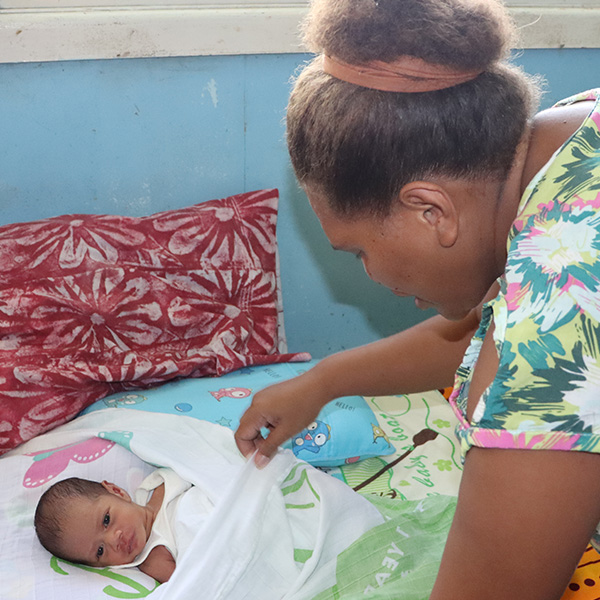This Equal Pay Day (Friday 25 August), national violence prevention organisation Our Watch is calling for workplaces to commit to closing the gender pay gap and preventing violence against women.
According to the Workplace Gender Equality Agency, the full-time gender pay gap is 13 per cent, with the gap hovering between 13 and 19 per cent in the past two decades. This equates to a gap of $253 a week and $13,183 each year.
Equal Pay Day marks the additional 56 days per year an average woman working full-time needs to work, to earn the same amount as an average man working full-time.
Our Watch CEO Patty Kinnersly said that the continued gender pay gap was a symptom of gender inequality – the key driver of violence against women.
“This is not just a conversation about money, the gender pay gap is a conversation about inequality – and how these inequalities and disrespect contribute to violence.
“One of the drivers of violence against women is men’s control of decision-making and limits to women’s independence that exists in public and private lives.
“When women earn less, they do not have the same economic or financial security as men. This can reduce the choices and the level of independence that women have,” Ms Kinnersly said.
Ms Kinnersly said that increasing women’s independence and economic security – by closing the gender pay gap – is one of the many actions we need to take to promote gender equality and contribute to preventing violence against women.
“One of the biggest myths of the gender pay gap is that women choose to work part-time or work in lower-paying jobs – but we need to ask, do women really have the same opportunities as men?
“Care giving and household labor is still unequal and balancing working and caring can lead to women having less pay and less superannuation.
“We need workplaces to champion equality and respect – through pay audits, encouraging flexible work arrangements for both men and women to be equal caregivers, and encouraging women’s leadership and career progression.
“We also need to increase the value and remuneration of jobs in female-dominated industries such as early childhood education and care, aged care and health care.
“The gender pay gap does not occur in isolation, and neither does violence against women, but by addressing gender inequality as the root of both these issues, we can create a society where everyone can enjoy equal pay, equal safety and equal respect,” Ms Kinnersly said.








